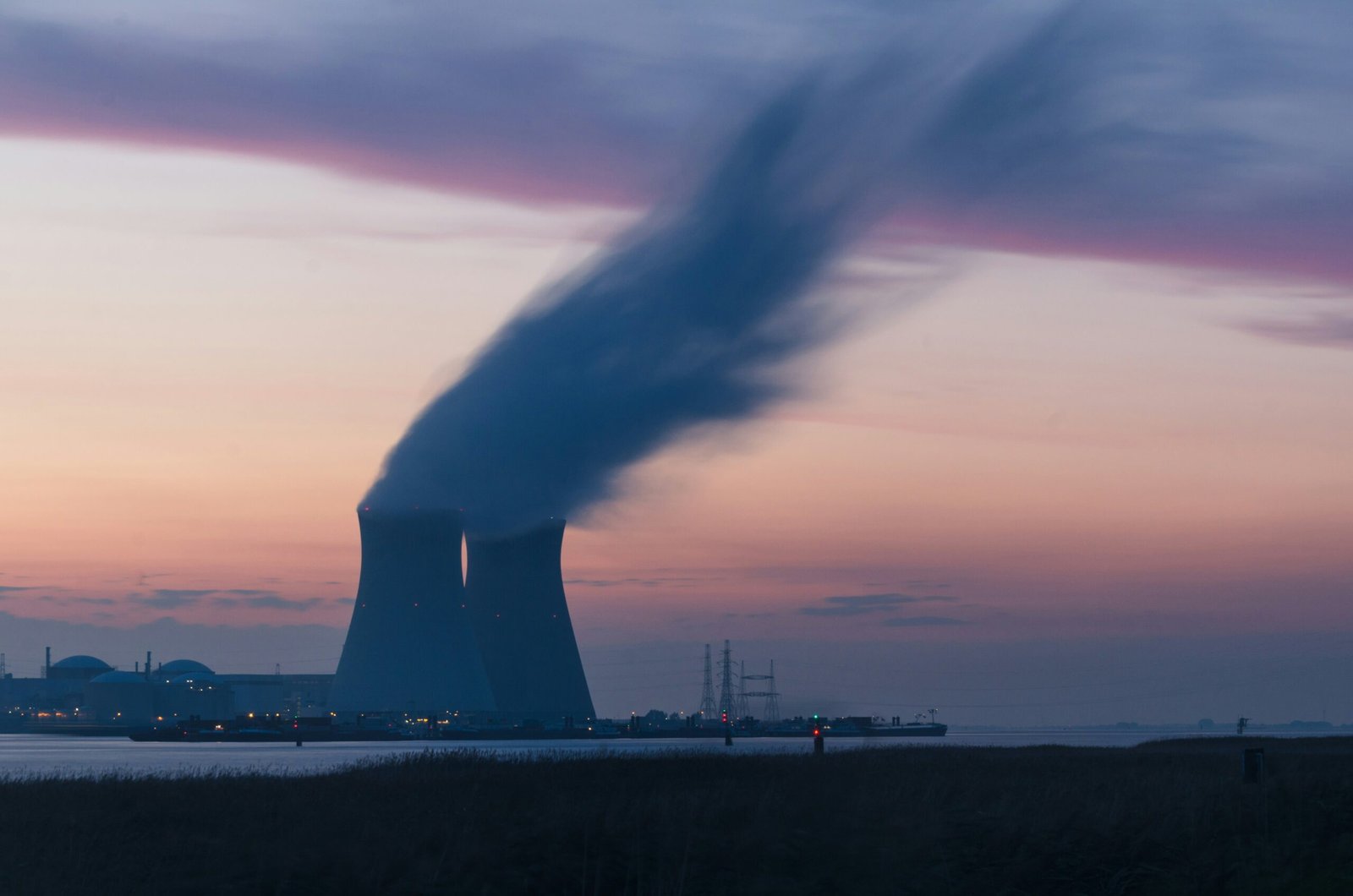The Untapped Energy Potential of Plantation Waste
Plantation waste, particularly empty fruit bunch (EFB), represents a significant opportunity for generating renewable energy. As the world increasingly moves towards sustainability and the adoption of green energy, the need to utilize such waste materials becomes essential. EFB is a residual biomass derived from palm oil production, and its abundant availability offers a platform for advanced waste-to-energy technologies aimed at converting it into clean energy. Through processes such as gasification, biomass boilers, and anaerobic digestion, EFB can be transformed into valuable forms of energy, including electricity and heat.
The circular economy principles play a crucial role in harnessing the potential of EFB. By repurposing what would typically be a waste product, companies can minimize environmental impacts while creating economic value. For instance, the production of EFB pellets, EFB charcoal briquettes, and EFB torrefied pellets not only provides renewable energy solutions but also supports enhanced sustainability practices. These bioproducts can replace fossil fuels, which are responsible for a substantial amount of greenhouse gas emissions, thus playing a pivotal role in reducing emissions and generating cost-effective power.
My Biiotech is at the forefront of leveraging these opportunities presented by plantation waste. The company is committed to converting waste to Bi-product (EFB pellets, EFB charcoal briquettes, and EFB torrefied pellets) for biomass power plants that utilize EFB as a primary feedstock to contribute to national energy needs while ensuring minimal waste. This commitment reflects an approach not only focused on growth but also aligned with global sustainability goals. By investing in advanced technologies and practices that convert plantation waste into renewable energy, My Biiotech exemplifies how businesses can thrive while actively participating in the transition to a more sustainable future. The interplay of waste management and energy generation paves the way for innovative solutions that reflect the essence of the circular energy model.
Environmental Benefits of Using EFB Pellets
The integration of empty fruit bunch (EFB) pellets into energy generation presents a multitude of environmental advantages, firmly aligning with global sustainability goals. One of the most significant benefits is the substantial reduction of greenhouse gas emissions. Utilizing EFB pellets in biomass power plants, particularly through the use of biomass boilers, allows for the efficient conversion of plantation waste into renewable energy. This process not only mitigates emissions associated with fossil fuel combustion but also transforms agricultural by-products into a valuable energy source, thus significantly reducing the carbon footprint.
Moreover, the adoption of EFB pellets contributes to waste diversion from landfills, addressing a critical environmental challenge. Traditionally, empty fruit bunches have been an underutilized resource, often discarded improperly, which exacerbates landfill overcrowding. By converting these materials into efb charcoal briquettes or efb torrefied pellets, My Biiotech fosters a circular energy model that promotes sustainability. This innovative approach exemplifies how agricultural waste can be repurposed, minimizing waste disposal issues and encouraging more responsible consumption practices.
In addition to these direct benefits, using EFB pellets helps to promote sustainable practices within the energy sector. The reliance on renewable energy sources is essential for reducing dependence on fossil fuels, which are the primary contributors to climate change. The transformation of EFB into efb pellets supports the shift towards cleaner energy solutions, enhancing energy security while generating cost-effective power. As more organizations adopt circular energy practices, the transition toward a greener economy accelerates, significantly contributing to global efforts focused on sustainability and reducing emissions.
Economic Advantages of Plantation Waste-to-Energy Solutions
The transition from conventional waste management practices to plantation waste-to-energy solutions provides numerous economic advantages, particularly as My Biiotech leads the way in turning empty fruit bunch (EFB) and other biomass into renewable energy sources. The implementation of biomass power plants facilitates the conversion of agricultural waste into sustainable energy, which is paramount in reducing emissions and generating cost-effective power. This approach not only addresses pressing energy demands in local communities but also cultivates economic growth.
One of the most significant benefits is the reduction of energy costs for local residents. By utilizing EFB pellet, EFB charcoal briquette, and EFB torrefied pellet as solid biofuels produced from plantation waste, communities can shift away from reliance on more expensive fossil fuels. This local production of energy can lead to notable savings, allowing families and businesses to invest more in their services or goods, thus stimulating the local economy. Furthermore, these biofuels present a sustainable and renewable energy option that contributes to energy independence, enhancing the stability of energy prices for consumers.
The adoption of biomass energy production also holds potential for creating new revenue streams. By converting plantation waste into valuable products, local enterprises can tap into the growing market for renewable energy solutions. This investment not only creates job opportunities within the community but also strengthens local supply chains. Additionally, as more businesses recognize the economic viability of green energy, there is a greater incentive to adopt sustainable practices, further fostering entrepreneurship and innovation within the biomass sector.
In conclusion, the economic advantages of plantation waste-to-energy solutions championed by My Biiotech are multifaceted. By focusing on renewable energy sourced from biomass, local communities benefit from reduced energy costs and potential revenue generation, creating an ecosystem that favors sustainability alongside profitability.
The Future of Renewable Energy from Plantation Waste
As the global focus on sustainability intensifies, the future of renewable energy derived from plantation waste presents a compelling opportunity for innovation and growth. My Biiotech is at the forefront of this transformation, effectively converting empty fruit bunch (EFB) into several high-value products, including EFB torrefied pellets, EFB charcoal briquettes, and other biomass solutions. These products not only provide a viable alternative to fossil fuels but also contribute significantly to reducing emissions and generating cost-effective power.
The strategic vision of My Biiotech centers on scaling their waste-to-energy solutions, which exemplify the principles of circular energy. By utilizing biomass power plants and biomass boilers, the company aims to enhance the efficiency of energy production while ensuring minimal environmental impact. This approach captures the essence of sustainability by turning plantation waste, traditionally considered a disposal challenge, into a valuable resource for energy generation.
Among the various products developed, EFB torrefied briquettes stand out for their superior fuel properties, which include higher energy density and lower moisture content compared to conventional biomass. This makes them an attractive option for a mainstream biofuel alternative, appealing to industries striving to minimize their carbon footprint while meeting energy demands. The transition to such renewable energy sources is crucial for fostering economic prosperity within the region, as it not only contributes to energy security but also creates job opportunities in the biomass sector.
As My Biiotech continues to innovate in the field of green energy, the collective efforts towards harnessing plantation waste will empower individuals and organizations alike to join the journey towards a sustainable future. By embracing renewable energy solutions, we can collectively reduce our reliance on fossil fuels and cultivate an eco-friendly energy ecosystem, thus championing environmental stewardship along with economic advancement.


Leave a Reply